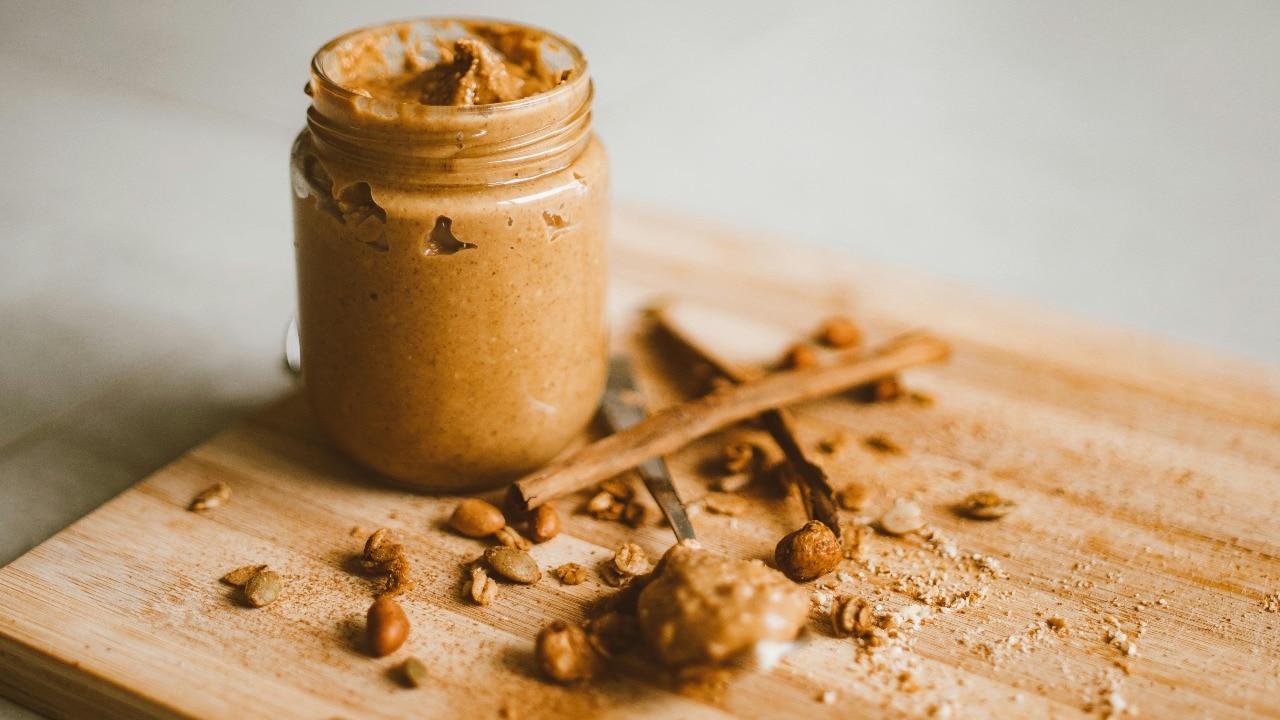Is peanut butter the bone's secret weapon?

The Nutty Delight of Peanut Butter and Its Surprising Benefits
Peanut butter is more than just a spread—it’s a beloved comfort food that has found its way into the hearts of many. Whether it's slathered on bread, mixed into smoothies, or enjoyed with a spoon, this creamy treat offers both flavor and nutrition. But did you know that peanut butter might also play a role in maintaining strong bones?
Bone health is crucial for mobility, strength, and overall quality of life, especially as we age. With sedentary lifestyles and poor dietary habits becoming more common, issues like joint pain and osteoporosis are on the rise. While exercise and other precautions are important, what we eat also plays a significant role in keeping our bones healthy. And surprisingly, peanut butter could be a valuable addition to a bone-friendly diet.
Nutrients That Support Bone Health
Peanut butter is not just a tasty indulgence; it’s packed with essential nutrients that support bone development and maintenance. It contains magnesium, which is vital for bone density and development, as well as phosphorus, which helps maintain strong bones and teeth. Zinc, another key nutrient found in peanut butter, plays a role in bone repair and regeneration.
In addition to these minerals, peanut butter also provides vitamin B6, which supports bone growth and metabolism, and protein, which is critical for the formation and maintenance of bone tissue. While it may not be a high source of calcium, its overall nutrient profile makes it a beneficial choice for those looking to support their skeletal health.
How Much Is Too Much?
One of the challenges of enjoying peanut butter is knowing how much to eat. Opening a jar and telling yourself you’ll have just one spoonful is often a lie. Experts recommend sticking to one to two tablespoons per day to avoid overconsumption.
Peanut butter is rich in monounsaturated and polyunsaturated fats, which can help reduce bad cholesterol levels and increase good cholesterol. However, consuming too much can lead to weight gain. The ideal amount depends on your goals: one to two tablespoons daily for weight maintenance, two to three tablespoons for healthy weight gain, and smaller portions for weight loss.
Almond Butter vs. Peanut Butter: A Nutritional Comparison
When it comes to almond butter, it’s not far behind in terms of nutritional value. Almond butter offers more calcium, magnesium, vitamin E, and fiber, making it a great option for bone and heart health. It also has fewer carbohydrates, making it ideal for low-carb diets. However, peanut butter typically delivers more protein per serving and is generally more affordable.
In terms of taste and texture, peanut butter is usually creamy and smooth, while almond butter tends to be nuttier and grainier, especially in natural varieties. Both are calorie-dense, providing a lot of energy in small amounts. According to experts, both can be included in a bone-healthy diet, depending on personal preferences and dietary needs.
Choosing the Right Peanut Butter
If you’re buying commercial peanut butter, reading the label is essential to ensure you’re getting a product that aligns with your health goals. Here’s a checklist to help you make an informed choice:
- Minimal Ingredients: Look for brands with simple, recognizable ingredients.
- Avoid Added Sugars: Steer clear of products with dextrose, cane syrup, hydrogenated oils, and unnecessary stabilizers.
- Protein Content: Aim for 7–9g of protein per serving.
- Healthy Fats: Choose options with primarily monounsaturated and polyunsaturated fats.
- Sugar Levels: Opt for products with 2–4g of sugar or less per serving.
- Fiber: Target 1–2g of fiber per serving.
- Serving Size: Check the calories per tablespoon to manage portion control.
- Claims and Certifications: Ensure labels match the actual nutritional content and look for allergy alerts and country of origin information.
- Type and Transparency: Choose between creamy, crunchy, or natural varieties, and prefer brands that offer traceability and transparency in their supply chain.
The Bottom Line
When consumed in moderation as part of a balanced diet, peanut butter and other nut butters can contribute to better bone health and reduce the risk of conditions like osteoporosis. They also add variety and flavor to meals, making it easier to enjoy a nutritious and satisfying diet. Whether you prefer peanut butter or almond butter, incorporating these spreads into your routine can be a delicious way to support your long-term health.
Post a Comment for "Is peanut butter the bone's secret weapon?"
Post a Comment